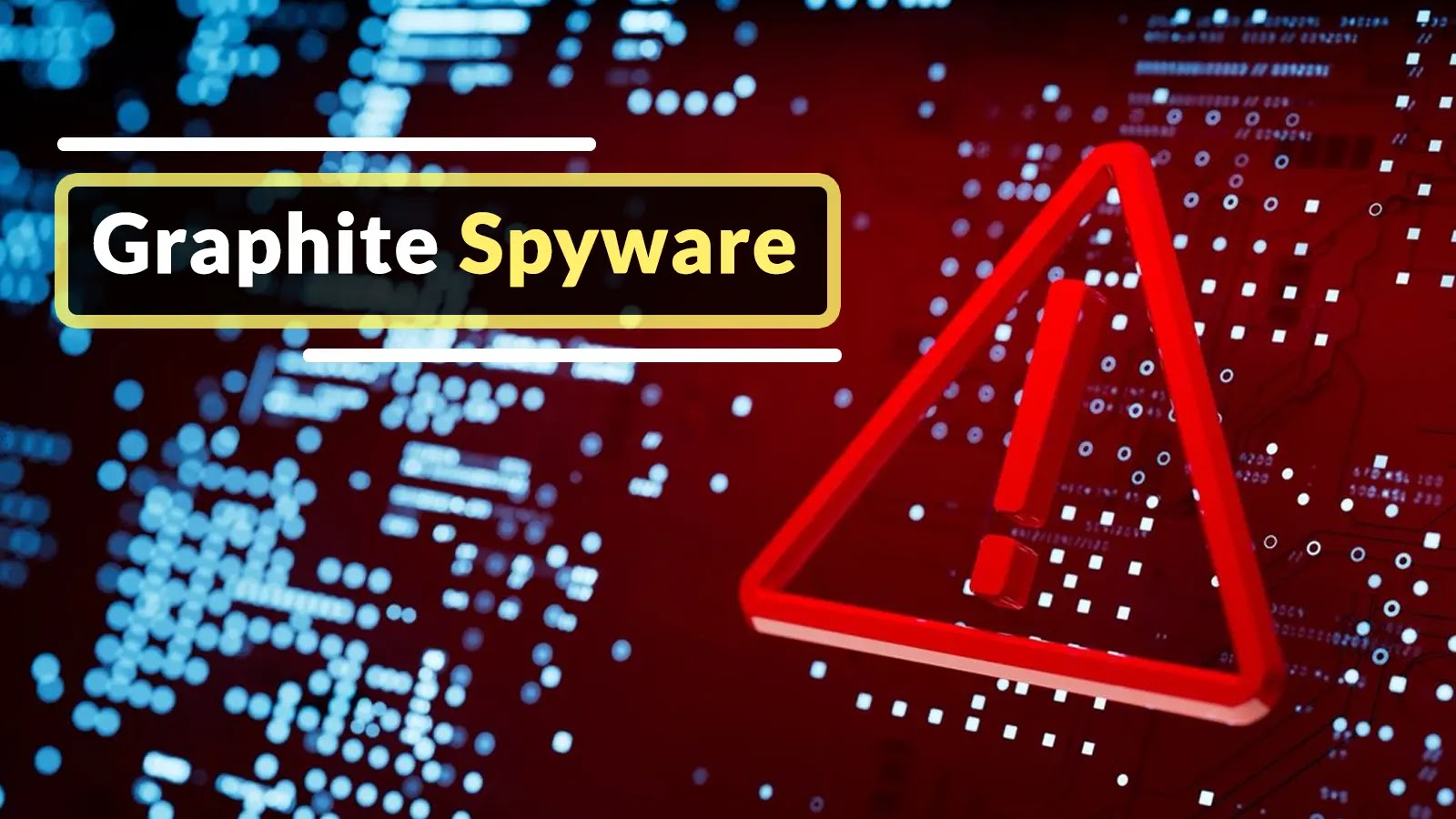Italian Political Strategist Targeted in Paragon Graphite Spyware Campaign
In a significant escalation of digital espionage, Francesco Nicodemo, a renowned political communications strategist and former communications director for Italy’s Democratic Party, has been identified as a target in the Paragon Graphite spyware surveillance campaign. This development underscores the growing threat of sophisticated cyberattacks against political figures in Italy.
Discovery of the Breach
Nicodemo, who currently leads the communications agency Lievito, became aware of the breach on January 31, 2025, during a trip to Vienna. He received a suspicious message via WhatsApp, which raised immediate concerns. Lievito has been instrumental in managing thirteen election campaigns throughout 2024, including notable center-left victories in regions such as Perugia, Liguria, and Umbria.
Despite transitioning to an iPhone, the spyware infection persisted on Nicodemo’s Android device, which remained unused at his residence. This persistence highlights the advanced nature of the spyware, capable of maintaining control over compromised devices even when they are not in active use.
Pattern of Targeted Attacks
Security researchers from Fanpage identified similarities between Nicodemo’s case and other incidents involving journalists and activists. The timing of these surveillance activities coincided with several high-profile regional elections, suggesting a potential focus on monitoring opposition political strategies and communications.
John Scott-Railton of Citizen Lab, a cybersecurity watchdog organization, reached out to Nicodemo multiple times through international calls before confirming the breach. Scott-Railton emphasized the severity of the attack, noting that only a select group of Italian targets were chosen for this particular espionage operation.
The compromised device potentially exposed sensitive communications with Democratic Party parliamentarians, election candidates, and senior party officials, raising significant concerns about the confidentiality of political communications.
Mechanism of Infection
The Paragon Graphite spyware employs a sophisticated multi-stage infection process. It begins with a deceptive WhatsApp message that appears to originate from legitimate WhatsApp Support infrastructure. Unlike traditional phishing attacks that require user interaction with malicious links, this spyware variant can establish persistence through zero-click exploitation techniques.
The malware exploits vulnerabilities in messaging protocols to deploy surveillance modules capable of extracting messages, call logs, and location data from both active and inactive devices. Notably, the spyware maintains operational capability even when the target device is powered down, suggesting advanced firmware-level compromise techniques that bypass standard operating system security controls.
Broader Implications
This incident is part of a broader pattern of spyware attacks targeting political figures, journalists, and activists. For instance, in previous cases, Paragon’s Graphite spyware exploited zero-day vulnerabilities in WhatsApp to target high-value individuals, including journalists and civil society members across multiple countries. These attacks often involve zero-click exploits, where the victim’s device is compromised without any user interaction, making detection and prevention particularly challenging.
The targeting of Nicodemo, given his influential role in political communications and campaign management, raises serious concerns about the security of political processes and the potential for foreign or domestic entities to influence or monitor political activities through cyber espionage.
Recommendations for Mitigation
In light of these sophisticated threats, it is imperative for individuals in sensitive positions to adopt robust cybersecurity measures:
– Regular Software Updates: Ensure that all devices are running the latest versions of operating systems and applications to benefit from security patches that address known vulnerabilities.
– Use of Secure Communication Platforms: Opt for messaging and communication platforms that offer end-to-end encryption and have a strong track record of addressing security vulnerabilities promptly.
– Vigilance Against Suspicious Communications: Be cautious of unsolicited messages, especially those containing links or attachments, even if they appear to come from trusted sources.
– Implementation of Advanced Security Solutions: Utilize reputable security software that can detect and mitigate spyware and other forms of malware.
– Regular Security Audits: Conduct periodic security assessments of devices and communication channels to identify and address potential vulnerabilities.
The case of Francesco Nicodemo serves as a stark reminder of the evolving landscape of cyber threats targeting political entities. As cyber espionage tactics become increasingly sophisticated, it is crucial for individuals and organizations to remain vigilant and proactive in safeguarding their digital communications and data.



